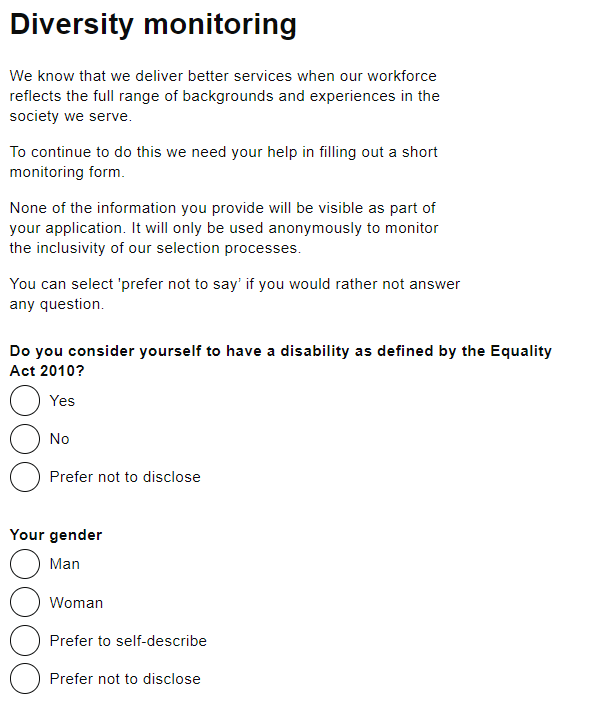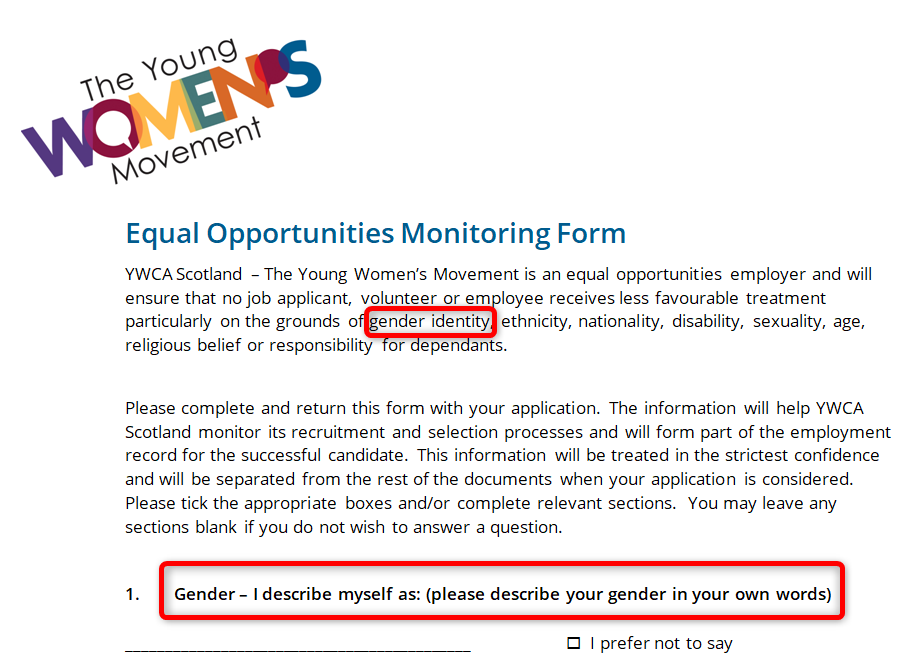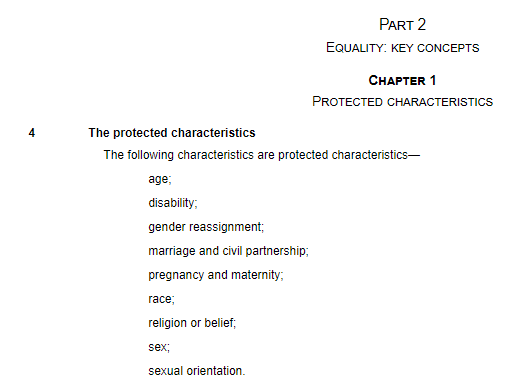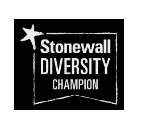
Hi @ukhomeoffice @pritipatel
In the online response form for your Violence Against Women and Girls (VAWG) consultation, you ask "Which of the following describes how you think of yourself?" with options
Male
Female
Non-binary
Other, please specify
gov.uk/government/con…
1/7
In the online response form for your Violence Against Women and Girls (VAWG) consultation, you ask "Which of the following describes how you think of yourself?" with options
Male
Female
Non-binary
Other, please specify
gov.uk/government/con…
1/7

Can you clarify what information you are seeking here?
You cannot intend to ask about the sex of the respondent because female and male are the only two human sexes and 'non-binary' is not a sex and there is no 'other' sex.
2/7
You cannot intend to ask about the sex of the respondent because female and male are the only two human sexes and 'non-binary' is not a sex and there is no 'other' sex.
2/7
Do you believe sex is important in any discussion about Violence Against Women and Girls?
In which case, why have you not asked for that?
3/7
In which case, why have you not asked for that?
3/7
How can you classify what will undoubtedly be different views from the two sexes, particulatly given most violence against the female sex (ie women and girls) is perpetrated by those of the male sex (men and boys)?
4/7
4/7
You then ask "Is your gender the same as the sex you were registered at birth?"
You don't say what you mean by the term 'gender' but it cannot be a synonym for sex since sex is immutable.
5/7
You don't say what you mean by the term 'gender' but it cannot be a synonym for sex since sex is immutable.
5/7

By many current accounts, 'gender' refers to a subjective personal comparison against regressive, patriarchial and demeaning stereotypes, so it is not clear why you would want to ask this question or what its analytical value is.
6/7
6/7
Please respond to these points and reconsider your response form.
For similar reasons, you might also like to reconsider the question you ask in your recruitment equality monitoring form:
sexnotgender.info/equality-monit…
7/7
For similar reasons, you might also like to reconsider the question you ask in your recruitment equality monitoring form:
sexnotgender.info/equality-monit…
7/7

• • •
Missing some Tweet in this thread? You can try to
force a refresh



















